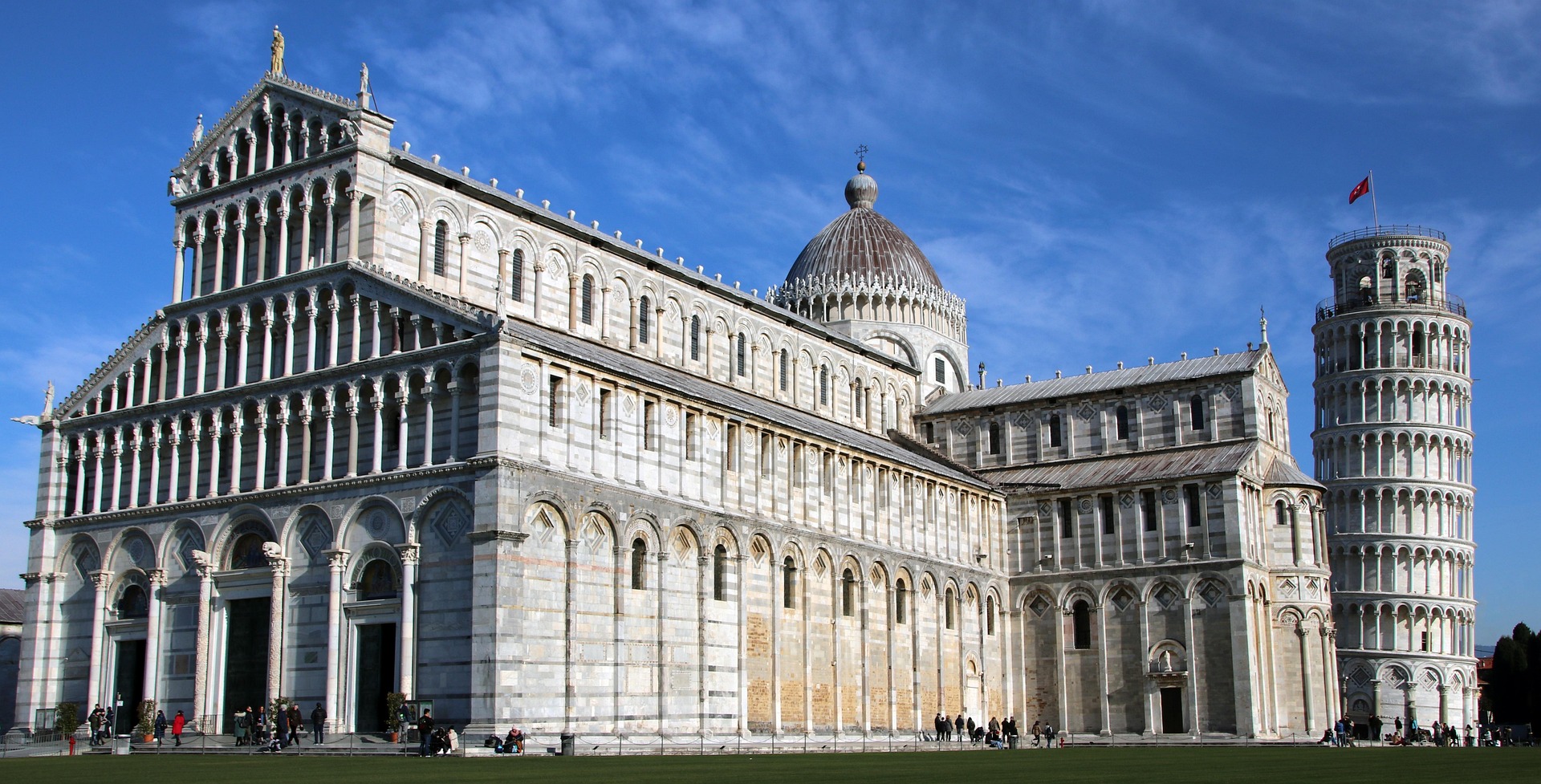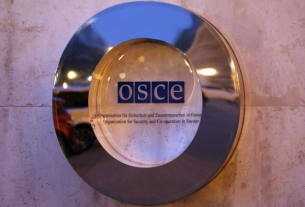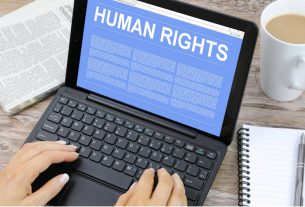Twenty-seven religious organizations have filed a lawsuit against the Trump administration’s Department of Homeland Security (DHS) and Immigration and Customs Enforcement (ICE), challenging a controversial new policy that allows immigration enforcement near places of worship.
The lawsuit was sparked by a January directive from DHS, known as the “Recession Memo,” which rescinded a policy that previously limited immigration enforcement actions at sensitive locations, including religious institutions. This change, according to the plaintiffs, disrupts long-standing protections for communal religious practices and infringes upon First Amendment rights.
Legal Concerns: The faith-based groups—spanning both Jewish and Christian traditions—argue that the new policy will directly impact their ability to practice religion freely. They cite specific incidents, such as an ICE raid at a church service in Atlanta, as evidence of the harm the policy could cause. The plaintiffs claim that fear of immigration enforcement has already led to a decline in church attendance, as congregants fear being detained during religious ceremonies.
In the lawsuit, the religious groups seek a declaration that immigration enforcement in places of worship violates the Religious Freedom Restoration Act (RFRA) and their constitutional rights. They are also requesting an injunction to prevent ICE and DHS from carrying out enforcement actions at religious services and gatherings.
Government’s Defense: In response, Tricia McLaughlin, DHS Assistant Secretary for Public Affairs, argued that the policy is necessary to protect public spaces, stating that the policy ensures criminal individuals cannot use places of worship as sanctuaries to avoid immigration enforcement.
This lawsuit follows a similar legal challenge filed in late January by five Quaker groups, asserting that the DHS policy undermines religious freedoms and violates federal law. The case reflects the growing tensions surrounding the Trump administration’s hardline immigration stance, which has reshaped U.S. immigration policy, including controversial actions such as attempts to end birthright citizenship.
As the lawsuit progresses, it raises fundamental questions about the balance between national security and religious freedoms, and how the federal government approaches sensitive locations like places of worship in the context of immigration enforcement.
Image by Julie Clarke from Pixabay



